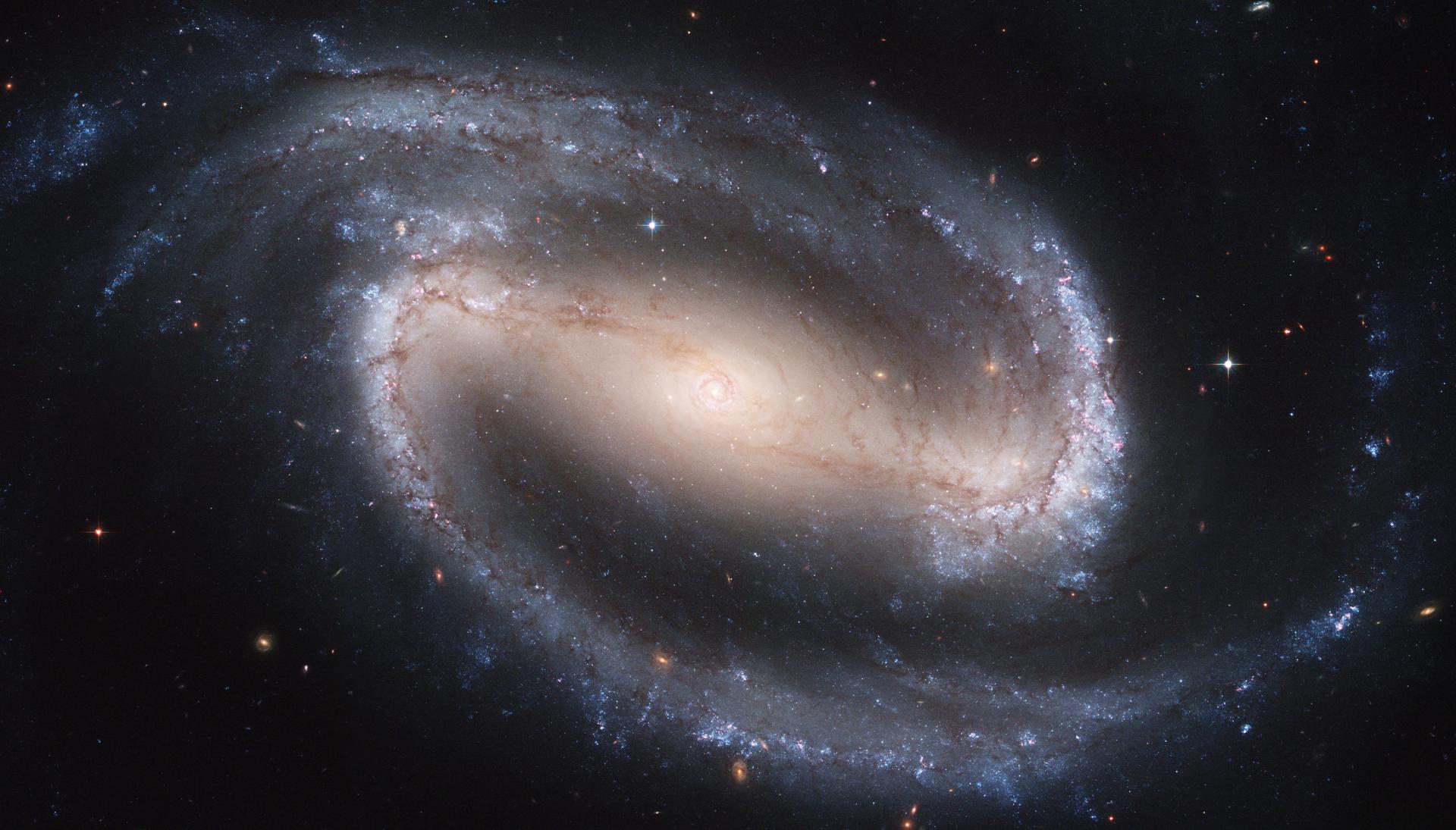4 min read

Acknowledgment: P. Knezek (WIYN)
NASA awarded $1.4 million to 15 teams developing new technologies that advance and streamline the open sharing of scientific information.
High Priority Open-Source Science (HPOSS) awards fund projects that aim to increase the accessibility, inclusivity, or reproducibility of NASA's Science Mission Directorate (SMD) research. Projects include open-source tools, software, frameworks, data formats, or libraries that will have a significant impact to the SMD science community. HPOSS awards are for one year and approximately $100,000.
The HPOSS solicitation is one of several cross-divisional funding opportunities funded by NASA's Office of the Chief Science Data Officer (OCSDO) with a focus on advancing open science practices. These solicitations are unique among NASA's annual omnibus solicitation for basic and applied research, Research Opportunities in Space and Earth Science (ROSES), providing cross-divisional support for new work with strong potential to advance the adoption of open science practices across SMD.
"We are excited to be able to fund these opportunities to enable modern research through NASA's support of open science," said Chelle Gentemann, program officer for HPOSS and open science program scientist for OCSDO at NASA Headquarters in Washington, D.C. on an Intergovernmental Personnel Act assignment from the International Computer Science Institute. "Open science is crucial in improving the transparency, security, and reproducibility of scientific research."
The HPOSS solicitation for ROSES-2024 is currently available as F.14 on NSPIRES. Under ROSES-2024, HPOSS has expanded to include the development of capacity-building materials, like curricula, tutorials, and other training materials, reflecting the program's commitment to fostering open science practices.
The HPOSS solicitation has no fixed due date. Proposers are encouraged to submit their proposals via NSPIRES at any time. Proposals are evaluated by peer review panels and selections are made throughout the year.
"The proposals selected thus far illustrate the breadth of this solicitation, ranging from projects that will increase the accessibility of data relevant to specific research communities to open-source tools that will be relevant across multiple SMD divisions," said Gentemann.
The selected awardees for the ROSES-22 and ROSES-23 calls are:
Roses-2022 Awardees
Erin Buchanan, Harrisburg University of Science & Technology, Harrisburg, Pennsylvania
STAPLE: Science Tracking Across the Project Lifespan
James Colliander / Code For Science And Society, INC., Portland, Oregon
Ephemeral Interactive Computing for NASA Communities
Gretchen Daily, Stanford University, Stanford, California
Metadata Tools for More Transparent, Reproducible, and Accessible Geospatial Analysis
Douglas Moore, 39 Alpha Research, Tempe, Arizona
Dorothy: Making Scientific Data Transparent, Accessible, and Reproducible
Matthew Turk, University of Illinois, Urbana-Champaign, Champaign, Illinois
Synergistic Software Tooling for Geophysical and Astrophysical Analysis: Linking yt and Xarray
Richard Townsend, University of Wisconsin, Madison, Wisconsin
Catalyzing an Open-Source Ecosystem for the GYRE Stellar Oscillation Code
Andrew Jiranek, Sciencecast Inc., Towson, Maryland
Advancing Equitable Scientific Publishing through Open-Science Digital Innovations
Jami Montgomery, Georgetown University, Washington, District of Columbia
Web-based Planetary Topography Toolkit
Roses-2023 Awardees
Russell Turner, Oregon State University, Corvallis, Oregon
Creation of an Open Access 3-Dimensional Image and Data Library for Rat Bones from Space Shuttle Experiments
Hans-Peter Marshall / Boise State University, Boise, Idaho
The SnowEx DB Open-Source Project - Standardized Data Access to Maximize Mission Data Use and Accelerate Research
Leila DeFloriani / University of Maryland, College Park, Maryland
An Open-Source Library for Processing Forest Point Clouds Based on Topological Data Analysis
Michael Phillips / University of Arizona, Tucson, Arizona
Spectral Cube Analysis Tool: A Python Graphical User Interface for Analyzing Spectral Image Data
Julie Barnum / University of Colorado, Boulder, Colorado
A Heliophysics Software Search Interface Portal
Benjamin Keller / University of Memphis, Memphis, Tennessee
Portable and Reproducible Initial Conditions for Galaxy Simulations
Ryan Curtin / NumFocus, Austin, Texas
Enhance Usability and Discoverability of mlpack for Low-Resource Spaceflight Machine Learning
Summaries of previously selected proposals can be found under the "Selections" section on the HPOSS NSPIRES pages for ROSES-2022 and ROSES-2023.






